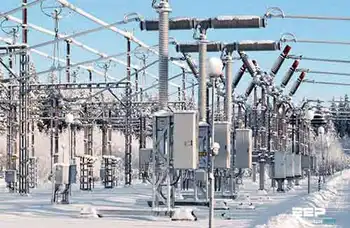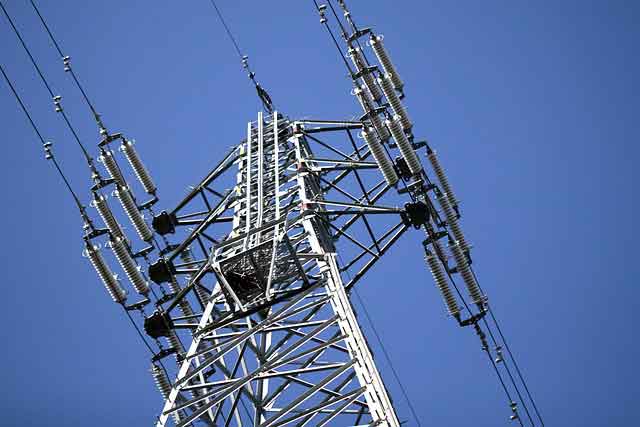Energy savings programs create revenue shortfall
By Toronto Star
Electrical Testing & Commissioning of Power Systems
Our customized live online or in‑person group training can be delivered to your staff at your location.

- Live Online
- 12 hours Instructor-led
- Group Training Available
The subsidiary of Toronto Hydro Corp. said yesterday it has filed an application with the provincial regulator to increase electricity distribution rates by 6.3 per cent as of May 1.
The hike is needed to cover a $10.4 million loss in revenues associated with conservation programs that began in 2005, including last year's summer challenge, which offered hydro customers a 10 per cent credit on their fall bill if they cut electricity use by 10 per cent over two months, according to the utility.
As well, Toronto Hydro-Electric is looking to offset another $4.4 million in extra costs associated with the installation of smart meters in Toronto homes and businesses. The meters allow a utility to record when and how much electricity is used, paving the way for time-of-use pricing.
If its application is approved, Toronto Hydro said, an average residential customer using 1,000 kilowatt hours per month would see bills increase by $2.07 a month, for a 1.7 per cent increase on the total bill.
"We are very pleased with the success of these programs," said Blair Peberdy, a spokesman for Toronto Hydro-Electric, noting the increase is being sought under a provision that allows utilities to recoup conservation-related revenue losses.
That's because the cost of delivering electricity doesn't necessarily decrease because people are using less. "Costs don't go away, but the revenue has gone down," Peberdy said.
Distribution rates cover costs associated with bringing electricity from transformer stations to homes and businesses, and with building and maintaining overhead and underground distribution lines, poles, stations and local transformers.
Anthony Haines, president of Toronto Hydro-Electric, said between spring 2005 and the end of 2006, electricity loads in Toronto were reduced by 178.5 million kilowatt hours – enough to power 178,000 homes for a month. By year's end, 194,000 smart meters had been installed across the city. The province says they'll be in use throughout Ontario by 2010.
Toronto Hydro-Electric System also applied for a 0.4 per cent rate increase in February to cover the cost of inflation.











